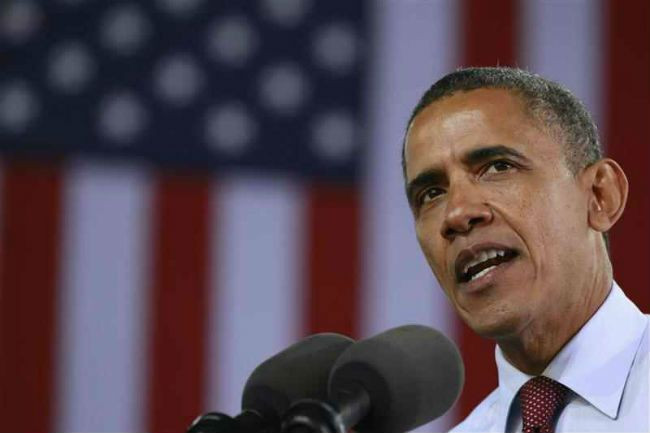
US president Barack Obama will visit Mexico this week as part of a Central American tour. The two countries cooperated to an unprecedented extent on intelligence and anti-crime efforts during the administration of previous Mexican president Felipe Calderón. But as the administration of current Mexican president Enrique Peña Nieto signals its reluctance to grant its northern neighbor the same access as its predecessor, the United States will look to begin a new relationship based on the tightening of economic links between the two countries.
The Washington Post wrote on Saturday that Calderón's administration had granted unarmed US drones access to Mexican airspace to gather intelligence in support of Mexican military and federal police raids against drug targets and to track the movements of suspects. The US also provided electronic signals technology, ground sensors, voice-recognition gear, cellphone-tracking devices, data analysis tools, computer hacking kits and airborne cameras that could read license plates from three miles away, according to the Post.
The newspaper described a rather tense December 1st meeting at the US Embassy in Mexico which brought together top intelligence officials from both countries. As the Mexican officials learned of how much free rein the United States had been granted to carry out intelligence activities on Mexican territory, they listened "stone-faced". When the briefing concluded, they were said to have thanked the Americans, stood and walked out.
Peña Nieto has indicated that his anti-crime strategies will part with those of his predecessor, with less of a focus on arresting drug kingpins and more on keeping Mexico's streets safe. It is expected that cooperation between his administration and the United States with anti-crime efforts will be scaled back to involve less US incursions into areas usually considered part of Mexican national sovereignty. In its place, Obama is calling for the development of economic cooperation between the two countries.
A high-ranking official in the Obama administration told El Pais that "with more cooperation in innovation and education, the possibilities of North America as a strong economic block are evident" and indicated growth would be helped by the inclusion of Mexico in the Trans-Pacific Partnership, a free trade agreement between Chile, Brunei, New Zealand and Singapore which may soon include the United States, Australia, Peru, and other economic powers.
Obama also plans to visit Costa Rica this week, where he will meet with leaders of other Central American countries. El Pais reports that drug trafficking will occupy a principal place in his agenda, although Central American heads of state may have different priorities.
© 2025 Latin Times. All rights reserved. Do not reproduce without permission.




